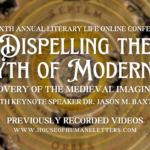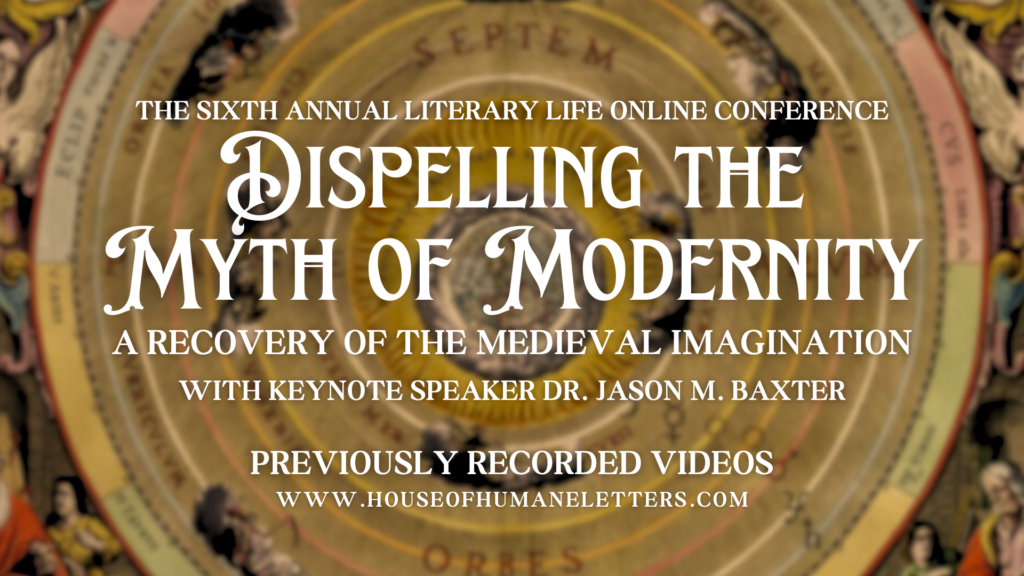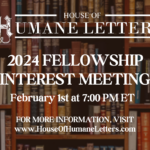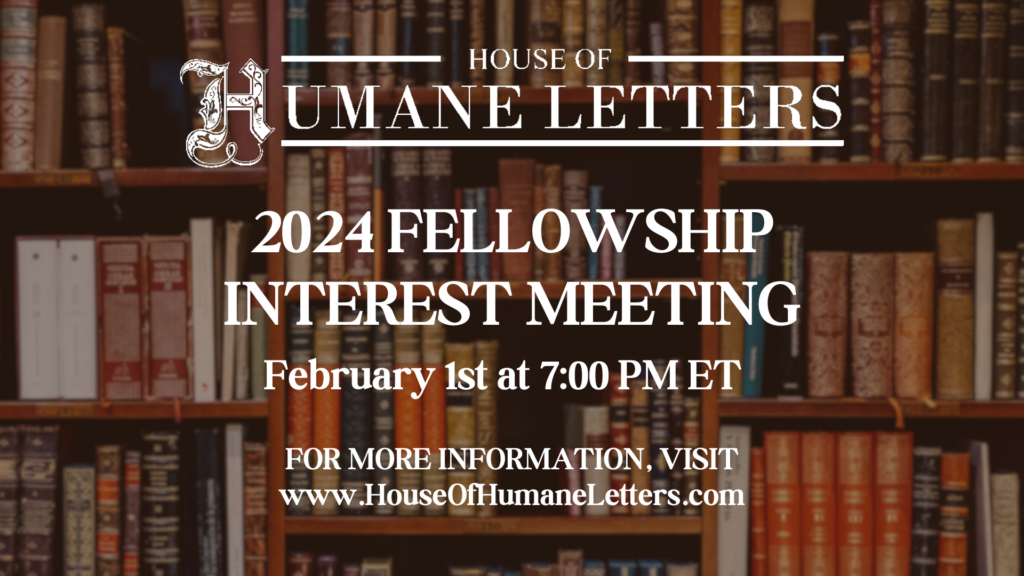The Chronicles of Narnia (A Course by Kelly Cumbee)

The Chronicles of Narnia have been enjoyed by adults and children alike since they were first published
in the 1950s. But our understanding of how stories work, as well as our expectations of what’s
appropriate in a series written by a Christian for children, have changed in the decades since then,
and this poses a problem for many adult readers. C.S. Lewis has been accused of things ranging
from sexism and racism to bad theology. In addition, many parents are concerned about the
presence of magic, witches, and even pagan gods in a story meant for Christian children. All these
objections arise from a fundamental misunderstanding of the literary tradition within which Lewis
was writing.
And because Lewis was drawing on the same literary tradition that Edmund Spenser drew on in his
romantic epic, The Faerie Queene, any accusation that has been leveled against Lewis and The Chronicles
of Narnia can be leveled against Spenser and The Faerie Queene.
Misreading the Chronicles will cause you to misread The Faerie Queene. The good news is that learning
to read the Chronicles rightly will open up The Faerie Queene as well as other medieval romances.
Kelly Cumbee will lead you through the Chronicles in the order in which Lewis first wrote them (hint:
it’s not what you may think) showing you why this is the best way to experience Narnia, and how it
will help you enter Spenser’s Faerieland. She will describe the medieval romance tradition which
Lewis was drawing on—its conventions, stock characters, and typical scenes. These elements work
together to create an imaginative experience that is the antidote to modernity’s poison of cynicism.
This semester-long class is designed with adults in mind, but older teens who are ready to delve into
literary theory are also welcome.
Tuesdays, 1:00-2:30 pm Eastern Time, beginning February 28, 2023


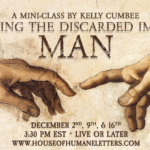
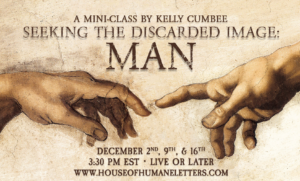

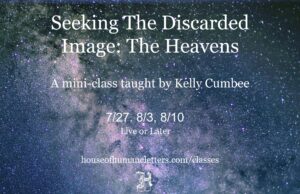 Instructor: Kelly Cumbee
Instructor: Kelly Cumbee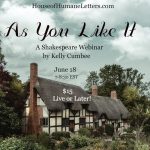
 C.S. Lewis says that reading old literature is a lot like visiting a foreign country and that there are two ways to experience it. You can travel as a tourist taking in the sights, or you “can eat the local food and drink the local wines, you can share the foreign life, you can begin to see the foreign country as it looks, not to the tourist, but to its inhabitants. You can come home modified, thinking and feeling as you did not think and feel before.”
C.S. Lewis says that reading old literature is a lot like visiting a foreign country and that there are two ways to experience it. You can travel as a tourist taking in the sights, or you “can eat the local food and drink the local wines, you can share the foreign life, you can begin to see the foreign country as it looks, not to the tourist, but to its inhabitants. You can come home modified, thinking and feeling as you did not think and feel before.”